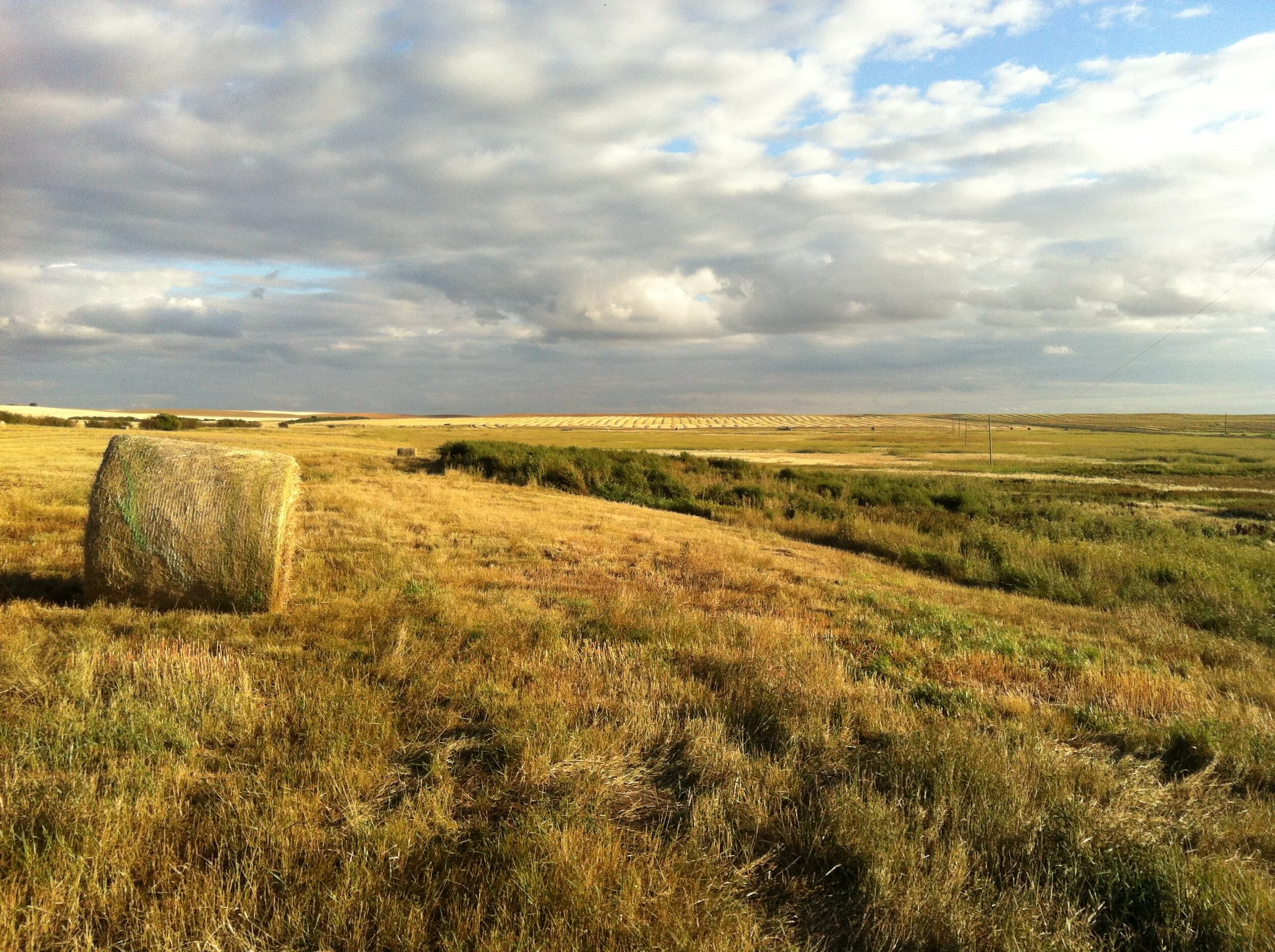As I wrap up the first month of summer 2024, I am grateful, relaxed, and excited to share some big news!
Since my last post, a lot has changed in my life. I was elected to Chair of the Women in Mining and Women in Nuclear Saskatchewan (WIM/WiN-SK) board, I received the inaugural Saskatoon YWCA Women of Distinction STEM award, and I successfully defended my Ph.D. dissertation. Actually, those three events happened over the course of 6 days! What a week.
For me, part of the excitement of that amazing, jam-packed week was getting to share the sparkle and glamour of the YWCA Women of Distinction awards and the grand finale of my 4-year Ph.D. project with my family. My daughters, Mom, and my husband were all there for both events. Together we got to hear about the important work that YWCA does to support women and children and listen to the amazing accomplishments of the other Women of Distinction award recipients. It was a humbling experience for me to recognize that although I have many experiences with being the only woman in the room, I have always had a safe place to sleep. The privilege I have with always having had a safe place to sleep has in part, allowed me to take on volunteer roles, start a consulting company, and complete my Ph.D.
In addition to the new roles and accolades, I also completed a personal goal that I had set for myself. I, along with the help of 8 Active Allies, completed the first manuscript of my book. This book will help readers define their role in transforming workplace culture and, importantly, understand the nuances of equity, diversity, and inclusion (EDI) in the context of Canadian workplaces. Active Allyship provides practical, evidence-based solutions to establish an allyship practice intended to advance positive change in workplaces and transform workplace culture. Readers will be guided by the Ally Activation Model, a change theory developed and tested in the Canadian context, to advance on them active allyship journey by embracing and developing a practice of inclusion. Through the information and activities in this book, readers will advance through the Ally Activation model’s stages of awareness, support seeking, realizing, and leading change. I am now in the phase of looking for a publisher that will turn the draft manuscript into a finished book. If you have any connections with publishers, please reach out to me.
After finishing the book manuscript and doing a final polish of my dissertation, it was time for some rest and relaxation. I disconnected for a couple of weeks and have been working lighter days so I can spend time with my daughters and husband during the summer months. During the first part of the summer, my husband also completed the final requirements for his MBA. We are so proud of all of the hard work and long hours he has spent to complete his MBA in 18 months! And we are very much looking forward to spending more evenings and weekends with him in the months ahead.
So, I mentioned big news… I am excited to announce that Prairie Catalyst Consulting will be offering a cohort of the Active Allies course this fall! The Active Allies course was developed as part of my Ph.D. project, Activating Allies, which was funded by International Minerals Innovation Institute, Mitacs, and Women in Mining Canada. During the research project, we rigorously tested the course with more than 100 people. Taking the feedback from past participants we will be offering the course in a 6-week format this fall. The two added weeks will allow more time for participants to practice their allyship skills. I am also excited that my colleague, Courtnay Hughes from PHC Inc., will be co-facilitating the group discussions with me. To find out more about the Active Allies course, please click here or to sign up for the course directly, please click here. Sign up here to join up to 60 participants in the fall 2024 cohort or join our 2025 waiting list.
As summer turns to fall, I am looking forward to continuing to support my clients at Prairie Catalyst and continuing the impactful work at WIM/WiN-SK. The remainder of the year is already filling up with opportunities for Prairie Catalyst to conduct primary research, facilitate, and collaborate with new and returning customers. In both my roles, I am looking forward to continuing to create common understanding, coordinate strategic alignment and facilitate skill-building with leaders and change makers. If you need help with leading change efforts in your organization, please reach out to me at jocelyn@prairiecatalyst.ca!







